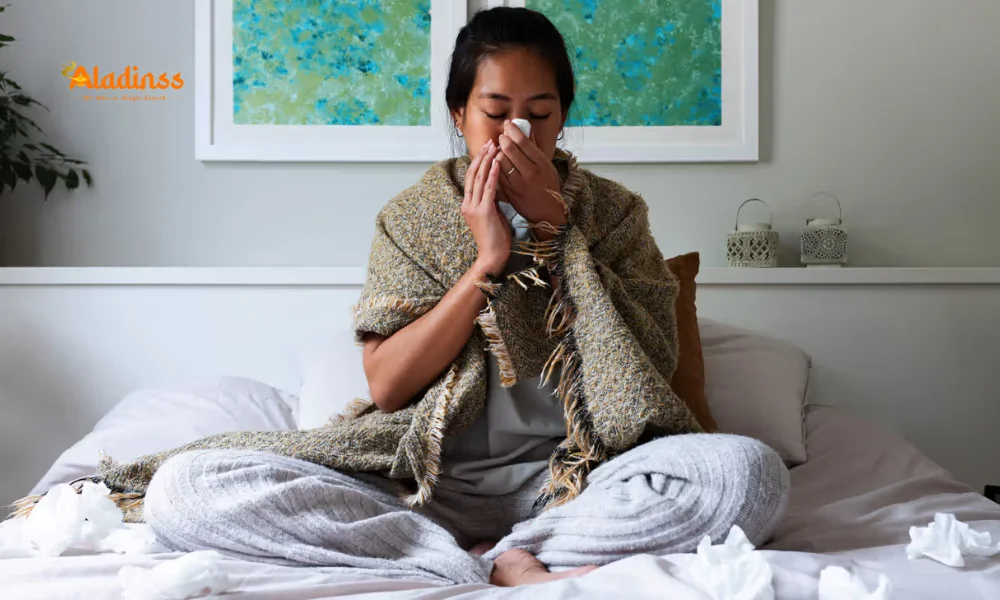Does Coffee Reduce Cancer Risk? Doctor Explains Latest Findings

Does Coffee Reduce Cancer Risk? Doctor Explains Latest Findings
On September 2, 2025, new insights into coffee’s potential to reduce cancer risk have sparked interest among health enthusiasts. Dr. Sudhir Kumar, a distinguished neurologist from Hyderabad and CMC Vellore graduate, recently shared a detailed analysis of coffee’s health impacts, drawing from a comprehensive review in the Journal of Nutrition and other significant studies. For coffee lovers, the findings are encouraging: moderate coffee consumption is linked to a lower risk of certain cancers, reduced mortality, and improved heart and brain health. However, excessive intake carries risks, particularly for specific groups. This article explores the science behind coffee’s cancer-fighting potential, its broader health benefits, and practical tips to consume it safely, offering a balanced guide for 2025.
Coffee’s Role in Cancer Prevention
Recent research has clarified coffee’s relationship with cancer, dispelling earlier concerns about potential risks. A 2024 review in the Journal of Nutrition , referenced by Dr. Sudhir Kumar, highlights that drinking 3–5 cups of coffee daily is associated with a reduced risk of specific cancers, particularly liver and endometrial cancers. A meta-analysis of multiple studies found that individuals consuming over three cups daily had a 27% lower risk of liver cancer (hepatocellular carcinoma) compared to non-drinkers. For women, drinking 2–4 cups daily was linked to a 20% reduced risk of endometrial cancer, especially in postmenopausal women, due to coffee’s ability to regulate hormone levels and reduce inflammation.
Emerging evidence also points to protective effects against colon cancer and head and neck cancers. A 2024 study reported a 17% lower risk of head and neck cancers, including oral and oropharyngeal cancers, in those drinking more than four cups daily. Notably, decaffeinated coffee also showed benefits, reducing oral cavity cancer risk, suggesting that coffee’s benefits extend beyond caffeine. However, for cancers like pancreatic, breast, or prostate, the evidence remains mixed, with no consistent link to reduced risk, highlighting the need for further research.

How Coffee Fights Cancer
Coffee contains over 1,000 bioactive compounds, including chlorogenic acids, cafestol, kahweol, and polyphenols, which contribute to its cancer-protective effects. Chlorogenic acids, powerful antioxidants, reduce oxidative stress and inflammation, key drivers of cancer development. Cafestol and kahweol, found in unfiltered coffee, have demonstrated anti-carcinogenic properties in cell studies by inhibiting tumor growth and promoting apoptosis (programmed cell death). A 2025 study in Nutrients found that these compounds enhance detoxification of carcinogens and modulate hormone metabolism, potentially lowering risks for hormone-related cancers like endometrial cancer.
Caffeine also plays a role by accelerating the transit of potential carcinogens through the digestive tract, reducing exposure in the colon. This mechanism may explain the 32% lower risk of colorectal cancer recurrence in patients drinking more than four cups daily, as reported in a 2024 study. Decaffeinated coffee’s similar benefits for certain cancers suggest that the synergistic action of coffee’s diverse compounds, rather than caffeine alone, drives its protective effects. These findings make coffee a promising dietary component for cancer prevention, particularly when consumed moderately.
Additional Health Benefits of Coffee
Beyond cancer prevention, moderate coffee consumption offers a wide array of health benefits, as outlined by Dr. Sudhir Kumar. One of the most robust findings is a reduction in all-cause mortality. A 2024 study reported that drinking 3–5 cups daily was associated with a 15% lower risk of death from all causes, including cardiovascular and neurological diseases. Coffee also significantly reduces the risk of type 2 diabetes, with a 2023 meta-analysis showing a 20% lower incidence in regular coffee drinkers, attributed to improved insulin sensitivity and glucose metabolism.
Liver health benefits are particularly notable, with coffee reducing the risk of chronic liver disease and liver cancer by 25–30%. It also improves liver enzyme levels, supporting overall liver function. Neurologically, coffee offers protection against Parkinson’s disease (20% reduced risk) and cognitive decline (10% lower incidence), as noted in a 2024 study. Cardiovascular benefits include a 15% lower risk of heart attack and stroke, driven by coffee’s anti-inflammatory properties and ability to enhance blood vessel function, making it a versatile ally for long-term health.
Potential Risks of Excessive Coffee Intake
While moderate coffee consumption (up to 400 mg of caffeine or 3–5 cups daily) is generally safe, excessive intake can lead to side effects. Dr. Sudhir Kumar highlights that high caffeine doses may cause sleep disturbances, anxiety, tremors, and restlessness. A 2024 study found that consuming over 400 mg of caffeine daily increased insomnia risk by 30%, particularly in caffeine-sensitive individuals. Those with pre-existing heart conditions may experience temporary blood pressure spikes or palpitations, especially from unfiltered coffee, which contains cholesterol-raising diterpenes.
Pregnant women face specific risks, with excessive coffee consumption linked to miscarriage and low birth weight. A 2025 study recommends limiting caffeine to 200 mg daily during pregnancy to minimize these risks. Children and adolescents should avoid coffee due to its potential to disrupt developing nervous systems and sleep patterns. Additionally, coffee drinks high in sugar, syrups, or creamers can contribute to weight gain, with a single sugary latte potentially containing 500–1000 calories, negating coffee’s health benefits.
Addressing Acrylamide Concerns
A common concern about coffee is acrylamide, a compound formed during roasting and classified as a probable carcinogen in animal studies. However, human studies have found no consistent link between dietary acrylamide and cancer risk. The levels in coffee (0.2–0.7 µg per cup) are significantly lower than those causing harm in animal models, and coffee’s overall anti-carcinogenic benefits outweigh potential risks. Opting for lighter roasts or decaffeinated coffee can further reduce acrylamide exposure while retaining health benefits, ensuring safe consumption.
Maximizing Coffee’s Benefits Safely
To enjoy coffee’s health benefits while minimizing risks, consider the following strategies recommended by Dr. Sudhir Kumar:
1. Practice Moderation
Stick to 3–5 cups daily (approximately 90–110 mg of caffeine per 8 oz cup) to maximize benefits without side effects. Exceeding 400 mg of caffeine may lead to anxiety or sleep issues, so track intake, especially if consuming other caffeinated beverages like tea or energy drinks.
2. Opt for Low-Calorie Preparations
Choose plain or lightly sweetened coffee to avoid excess calories from sugar, syrups, or heavy cream. A teaspoon of honey or a splash of low-fat milk can enhance flavor without compromising health benefits. A 2024 study showed that plain coffee supports weight management more effectively than sugary coffee drinks.
3. Seek Personalized Medical Advice
Individuals with heart conditions, acid reflux, or pregnancy should consult a doctor to determine safe coffee intake. Those sensitive to caffeine may benefit from decaffeinated coffee, which retains many health benefits. Personalized advice ensures coffee consumption aligns with individual health profiles, maximizing safety and efficacy.
Who Should Limit Coffee Intake?
Certain groups should approach coffee consumption cautiously. Pregnant women should cap caffeine at 200 mg daily to avoid risks like miscarriage or low birth weight. Children and adolescents should avoid coffee due to its potential to disrupt sleep and development. Individuals with hypertension, heart palpitations, or anxiety disorders may need to limit intake or switch to decaffeinated options. Those with digestive issues, such as acid reflux, may find low-acid coffee varieties more tolerable. Consulting a healthcare provider helps tailor coffee consumption to individual needs.
The 2025 evidence underscores coffee’s potential to reduce risks of liver, endometrial, colon, and head and neck cancers, alongside benefits for heart and brain health. By consuming coffee in moderation, choosing low-calorie preparations, and seeking medical advice when necessary, individuals can harness its health benefits while minimizing risks, making it a valuable part of a balanced lifestyle.
Comment / Reply From
No comments yet. Be the first to comment!






